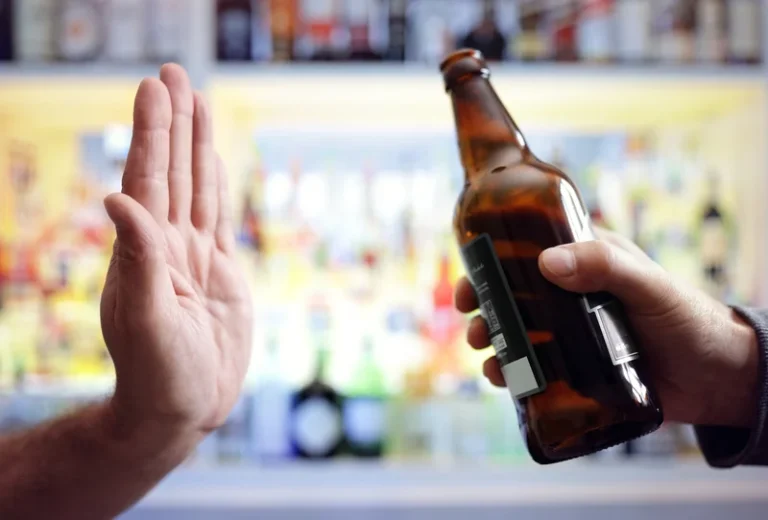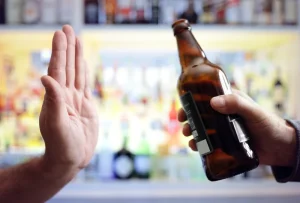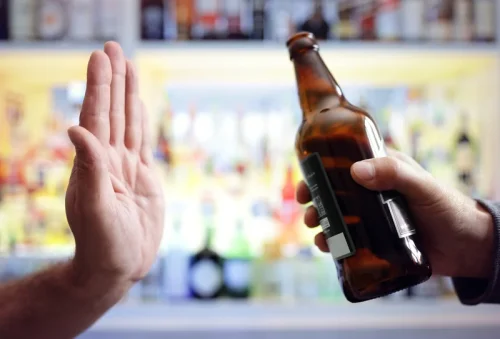
Natural consequences may mean that you refuse to spend any time with the person dependent on alcohol. In other words, their behavior, rather than your reaction to their behavior, becomes the focus. It is only when they should i stay with an alcoholic experience their own pain that they will feel a need to change. Remember, it’s not your responsibility to « cure » their AUD.
The don’ts of talking to your alcoholic partner about their drinking

Often, in trying to « help, » well-meaning loved ones will actually do something that enables someone dependent on alcohol to continue along their destructive paths. Make sure that you are not doing anything that bolsters their denial or prevents them from facing the natural consequences of their actions. Don’t allow the disappointments and mistakes of the past affect your choices today—circumstances have probably changed. If you have children, it’s important to protect them from unacceptable behavior as well. Do not tolerate hurtful or negative comments addressed towards them. These comments can result in lasting damage to a child’s psyche.
Treatment of AUD
This kind of pain doesn’t leave bruises, but it can leave deep scars. Dealing with an alcoholic partner and coping with their alcoholic behaviours and tendencies can have a massive impact on a person’s life. Within this blog, we explore the https://ecosoberhouse.com/ dos and don’ts of living with someone addicted to alcohol.

Build connections with addiction professionals

Once you stop drinking, your body continues to metabolize alcohol. You may feel drowsy and fall asleep faster than usual, but alcohol can disrupt your sleep throughout the night, and you may have frequent awakenings, even if you don’t remember them. While coffee or cold showers might make you feel more alert for a short time, they do not impact your BAC level. Eating food before drinking can slow down the absorption of alcohol and buy your body some extra time to process alcohol, but eating after drinking Twelve-step program won’t speed up its elimination once it is in your system. Your liver metabolizes (breaks down) alcohol and converts it into acetaldehyde, a toxin and carcinogen. Your body eventually breaks acetaldehyde into acetate, but it can damage the liver before this occurs.
- You’re at risk for neglecting yourself and other loved ones.
- They may no longer perform the roles they once did, and they can disrupt family dynamics.
- More and more people are swapping their boozy cocktails and full-bodied wines for non-alcoholic options, as proved by the rise in alcohol-free beverages and sober bars throughout the world.
- Important savings may be needed for children or family needs.
Tips for a Healthier Winter

Sure, you want to make yourself look good in the eyes of your new partner, but that isn’t the way to do it. Educating yourself about addiction and what alcohol does to the brain can help you empathize with your partner’s experience. Triggers are very personal, sometimes quirky, and often nuanced.

